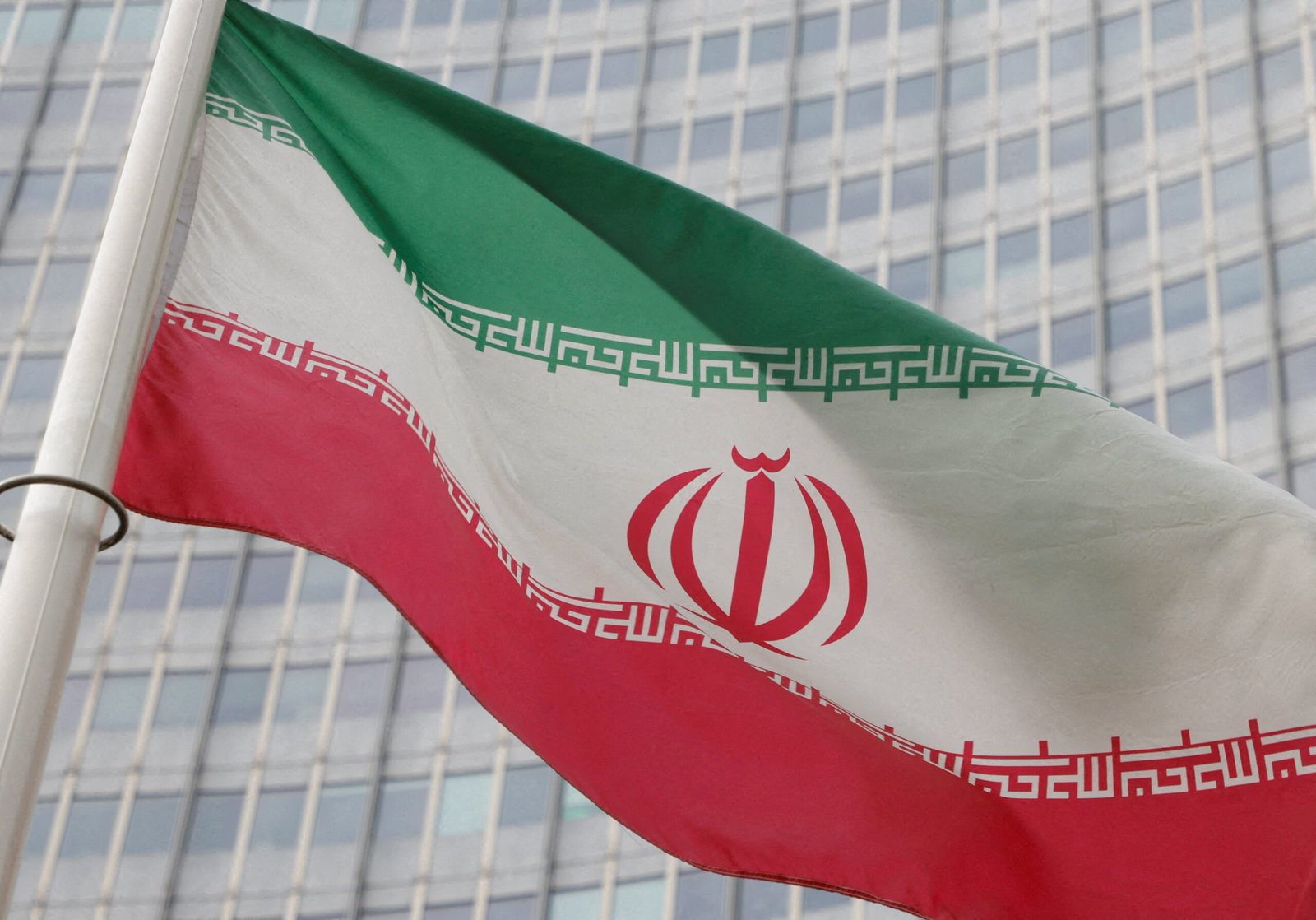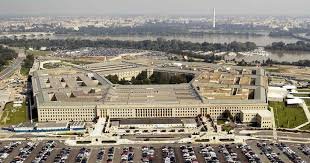Pakistan has agreed to impose new taxes to recover an additional Rs170 billion in revenue, including through a 1% increase in the General Sales Tax (GST) rate, in just four months.
In addition to the withdrawal of unbudgeted power subsidies for farmers and exporters, this would meet the International Monetary Fund (IMF) conditions for the revival of its stalled loan programme.
The yearly impact of the new tax measures would be more than Rs500 billion. The government has also assured the IMF of raising gas tariffs and petroleum levy rates to chase a much-delayed staff-level agreement.
Finance Minister Ishaq Dar shared the details of the prior actions on Friday — an hour after the IMF also released its press statement on the conclusion of its visit to Pakistan.
The IMF statement indicated that Pakistan would have to take all the needed measures before a staff-level agreement could be reached.
“Pakistan has agreed to implement the prior actions, which include imposing taxes amounting to Rs170 billion,” said the finance minister.
He added that the government had tried its best to ensure that the commoner was well-rested by the measures.
To a question, the minister replied that increasing the GST rate to 18% was part of the taxes — a measure that was highly inflationary and would hurt poor people more than the rich.
Responding to another question, Dar said the Rs170 billion in taxes would be collected during the remainder of the fiscal year.
The minister’s statement suggests that the annual impact of the new tax measures would be much more than Rs500 billion — a figure closer to the IMF’s original demand.
The finance minister insisted that the Rs170 billion measures could not be conceived as Rs500 billion, but he agreed that they were not the one-off taxes that would be withdrawn in June.
To impose the taxes, the government would introduce a finance bill or ordinance, depending on the situation at the time, he added.
The minister said it had been agreed to minimise the untargeted subsidies in the gas and energy sectors, and this process would be completed with the federal cabinet’s approval.
Dar added that the IMF had allowed adding some money to circular debt.
On Friday, the cabinet’s Economic Coordination Committee (ECC) approved withdrawing the electricity subsidies for exporters and farmers.
Regarding electricity prices, Dar said the country’s generation cost was around Rs2.9 trillion while only Rs1.8 trillion was recovered. He added that this increased either the circular debt or fiscal deficit.
















